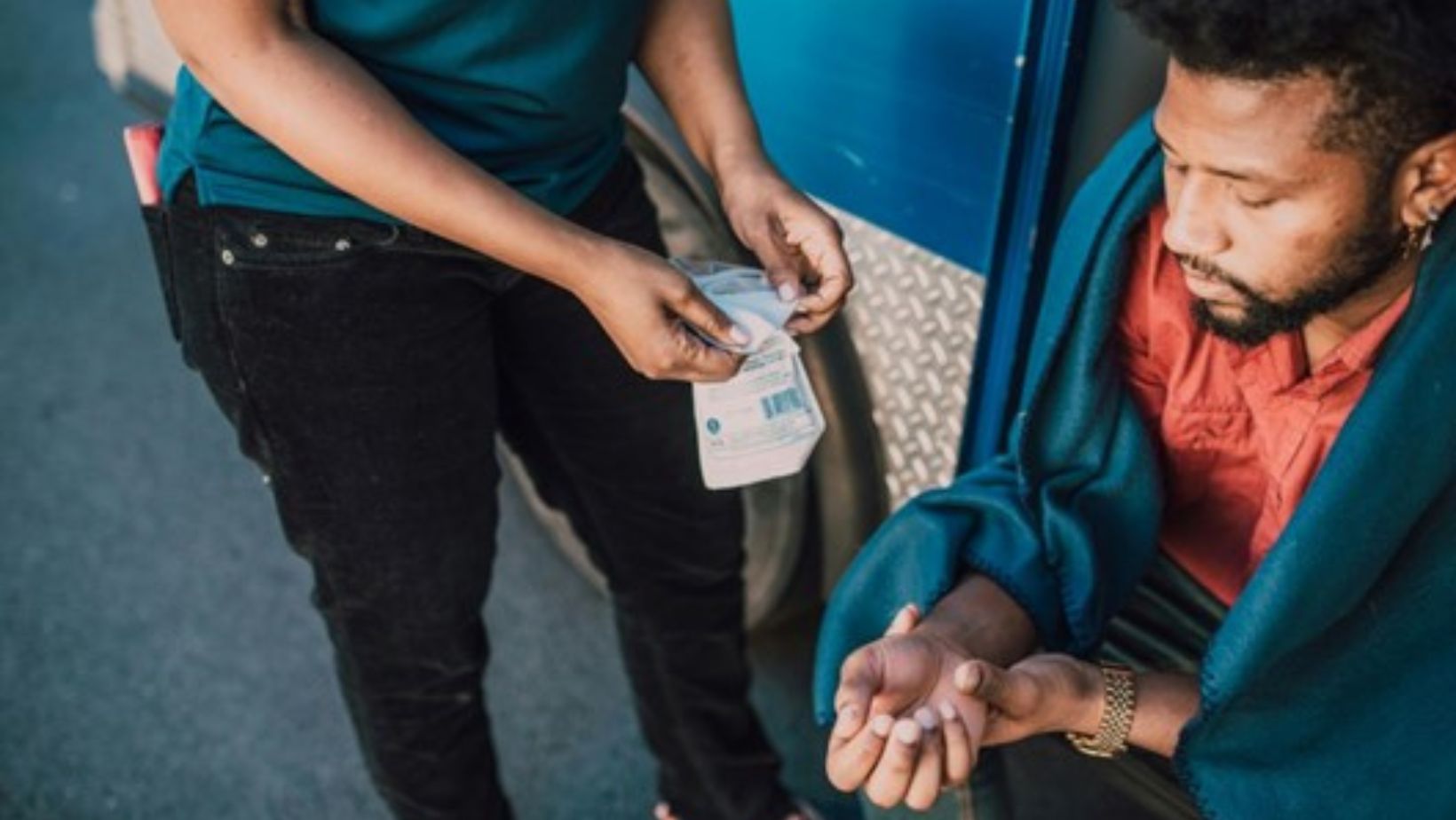Experiencing a personal injury can be disorienting and stressful. Knowing what to do next is crucial, whether it’s a result of a car accident, a slip and fall, or another unfortunate incident. This guide lists the essential steps after sustaining a personal injury.
Understanding the Immediate Impact
When you first sustain an injury, emotions can run high. It’s important to stay calm and focused. Assessing the situation accurately helps you make informed decisions, which is vital for your well-being and any potential legal proceedings. Recognize that the decisions made in these initial moments can impact your recovery and compensation.
Immediate steps should include checking for injuries, not only to yourself but also to any others involved. It’s vital to prioritize medical attention, even if injuries appear minor. Sometimes, symptoms of injuries manifest much later, making early medical evaluations crucial. According to reputable legal advocates from Trapani Law Services, medical care records are also essential for any insurance claims or legal processes. Capturing the scene can be incredibly beneficial. This data not only preserves the details of the incident but also supports your case during insurance claims or legal action.
Prioritizing Medical Care
Seeking immediate medical attention is non-negotiable after any personal injury. This ensures any severe conditions are treated immediately and provides essential documentation for your claim. Visit a professional who can thoroughly examine and give an evidence-based diagnosis. Following this plan is crucial to recovering and documenting any claims or legal proceedings. Accurate medical records form the backbone of any personal injury claim.

They offer indisputable evidence of the injuries sustained and the treatments required. This documentation can significantly impact your compensation in a settlement or lawsuit.
Reporting the Incident
After ensuring your immediate safety and getting medical help, the next step is to report the incident to the appropriate authorities. This might mean calling the police for auto accidents or notifying a manager of workplace injuries. An official report is vital for documenting the incident. The report provides a neutral third-party account of the events leading to and following your injury. Whether it’s a police report or an accident report at work, it is an objective piece of evidence that can support your version of events. Ensure you get a copy of any completed reports. Your notes about the incident can also supplement these official documents.
Communicating with Insurance Companies
Dealing with insurance companies can be daunting. It’s essential to notify your insurance provider promptly after an accident. Provide accurate and detailed information while avoiding admitting fault or speculating on the incident. Insurance adjusters may contact you for more information. While cooperating is essential, be mindful of what you disclose. Insurance agents aim to minimize payouts, so sticking to the facts and avoiding providing unnecessary details that could undermine your claim is crucial.
Consider consulting with a legal professional before signing any documents or accepting any settlements from insurance companies. Legal advice can ensure that you receive fair compensation and that your rights aren’t compromised.
Documenting Everything
Thorough documentation supports any claim you make. Keep meticulously record all related events and expenses since your injury occurred.

This includes medical bills, travel costs for treatment, and time off work. Use journals or digital tools to track symptoms and recovery progress. This will aid your medical team in adjusting treatment plans and provide a firsthand account of your suffering and inconvenience due to the injury. Store all documents and communications related to the incident in one place. This organization will prove essential when working with your lawyer and during any interactions with insurance companies or court proceedings.
Managing Ongoing Medical Treatment
For many, injury recovery is a long-term process. Adhering to your medical treatment plan is vital. Regular follow-ups with healthcare providers ensure you’re healing correctly and allow adjustments to treatment if necessary. Keep track of all medical appointments and any changes in medication or therapy plans. Consistent adherence to medical advice facilitates recovery and strengthens your legal case by demonstrating an active effort to recover. Communicate openly with your healthcare providers. If you experience new symptoms or aren’t improving as expected, inform them immediately. This proactive approach aids in optimal recovery and provides critical updates to your treatment records.
Recovering from a personal injury is a multifaceted process that requires patience, diligence, and support. Following these steps can safeguard your health, legal rights, and financial stability during this challenging time. Remember, you’re not alone—professional help is available through legal channels, healthcare, or community support. If you’re interested in exploring further resources or need personalized advice, consider contacting experts in personal injury law or healthcare professionals specializing in your type of injury. Taking informed, proactive steps today can lay the groundwork for a smoother, more effective recovery.



